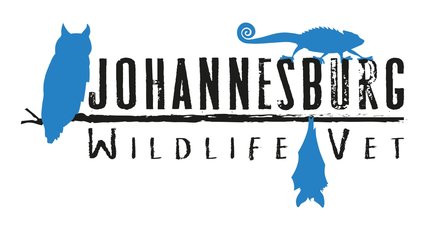|
We’ve spent just over a week fighting for a baby pangolin that barely stood a chance due to the harsh circumstances that she was forced to endure after she was poached and held in the illegal wildlife trade.
After being severely compromised, this little pangolin didn’t have the strength to forage for food. Tube feeding regularly meant utilising light sedation frequently which in itself is also not ideal for her compromised system. We enlisted the specialist assistance from Fourways Vet Hospital to place a peg tube - making it easier for us to ensure she received an easily digestible food. This would give her the best chance at recovering her energy levels and allowing her body to recuperate from the neglect that she had endured. Poached pangolin often spend days, sometimes two weeks, without food or water. This places a massive strain on their systems that is often difficult to recover from. While initially we saw an improvement, this changed a day ago when her energy levels depleted once again. She was placed on a drip but succumbed to her compromised state, sadly. The peg tube technique was a world first in the treatment of pangolins. This is a unique idea that we believe will be successful in the future and will save more compromised pangolins. It would have been successful this time, had this little pangolin not been so compromised to begin with. Attempting to save a critically endangered species is incredibly taxing on our team - especially when we receive these elusive creatures on the brink of death. It’s even more difficult when they show signs of improvement that give us hope, which is quickly taken away when they take a turn for the worst. We’re so sorry that our attempts at a second chance of life couldn’t save you, Menina. Thank you for the outpour of donations and support, and for following her journey and our multiple attempts to save her. We treat indigenous animals free of charge, relying solely on the donations and support of our community. Pic: Dr K Over the past three days since the placement of a feeding tube (gastric peg tube), we have been monitoring Menina carefully. We are now able to feed her smaller meals regularly, which she seems to be responding well to. She appears to be getting stronger each day and she is beginning to show interest in ants! Once she gets stronger, she will be able to manage to forage for food and rely less on tube feeding.
Her prognosis is still guarded but we are cautiously optimistic that she will keep improving and doing all that we can to try ensure this. We’ve been overwhelmed with the interest and response toward the rescue efforts for this little pangolin! This elusive species needs all the assistance it can get as they are being poached out of existence. For the original post, click here: https://www.facebook.com/1413097125375104/posts/2518395561511916/ A sincere thank you to those who have donated to her care. We really do appreciate each and every donation. Johannesburg Wildlife NPC FNB Cheque account Account nr: 62658400264 Branch code: 255355 Reference: pangolin Swift code: FIRNZAJJ We treat indigenous animals free of charge, relying solely on the donations and support of our community. Pics: Dr K We’re currently fighting for the life of a baby Temminck’s Ground pangolin that was fortunate to have been saved from the illegal wildlife trade. Having been starved for an extended period of time, she is highly compromised. We are doing everything we can to try and save her. Thanks to Dr Carter and Sr Serfontein at Fourways Vet Hospital for helping us with another world first for pangolins - placing a gastric peg tube. This goes directly into her stomach, which assists us in feeding her easily while we focus on monitoring and improving her condition.
We’d really appreciate it if you’d consider donating to help support the work we do, and ensure that we can continue doing it: Johannesburg Wildlife NPC FNB Cheque account Account: 62658400264 Branch Code: 255355 Swift code: FIRNZAJJ Ref: pangolin Please send an email to [email protected] so that we can thank you. We treat indigenous wildlife free of charge, relying on the community for donations and support. Pics: Dr K When we get in a pangolin we are both overjoyed and filled with dread. These animals come in from the illegal trade and they are barely hanging onto life.
One of the biggest challenges we face is treating them as so little is known about them. So, here is the story of Aura. She was confiscated from poachers and saved by Hemmersbach Rhino Force anti-poaching unit near Hoedspruit. They took her to Provet Wildlife Services where the vets immediately stabilised her and from here she was transported to Rhino Revolution for rehabilitation. One of the biggest health concerns with these confiscated pangolin is their low blood albumin. This is a very important protein and lowered levels can lead to a myriad of complications. Aura was no different. Had she been a dog or a cat, the treatment would be a plasma transfusion obtained from a healthy donor. Not so easy with an animal this rare. Dr K had recently collected blood for this very eventuality from one of our healthy, released pangolins named China. So Dr K immediately sent the plasma up to Hoedspruit and Aura was given the transfusion. This has never been done in a Temminck’s Ground Pangolin and it is a WORLD FIRST. The treatment was successful and Aura’s condition is improving and she has her appetite back. We hope that this is the start of a new chapter in pangolin treatment and we can now only wish for a positive outcome. We treat indigenous animals free of charge, relying solely on the donations and support of our community. Johannesburg Wildlife NPC FNB Cheque account Account: 62658400264 Branch Code: 255355 Swift code: FIRNZAJJ |
AuthorThe team behind the Johannesburg Wildlife Vet Hospital. Archives
March 2021
Categories
All
|
CONTACT US
+27 71 248 1514 (24 hours a day)
[email protected] 101 MacGillivray Road, Midrand Johannesburg SOUTH AFRICA |
|
All treatment of wildlife is free of charge and we rely solely on the support of our community and corporate sponsors.
PLEASE SUPPORT US AND HELP US KEEP WILDLIFE WILD!
PLEASE SUPPORT US AND HELP US KEEP WILDLIFE WILD!
© COPYRIGHT 2017.

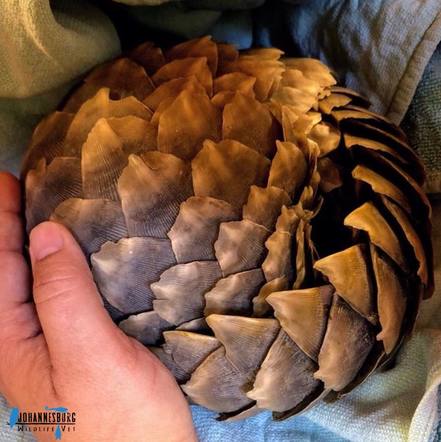
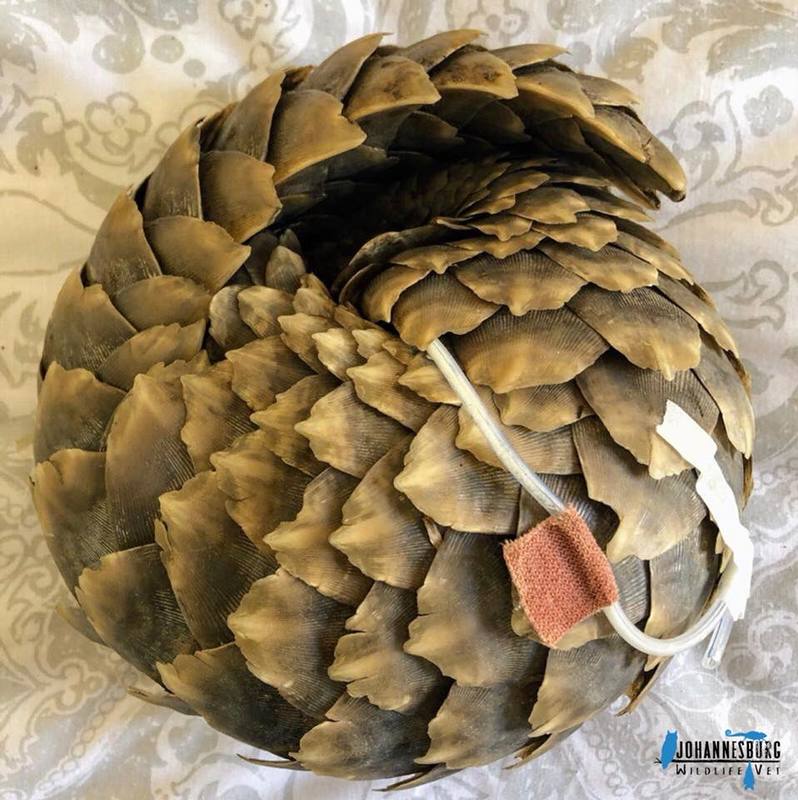
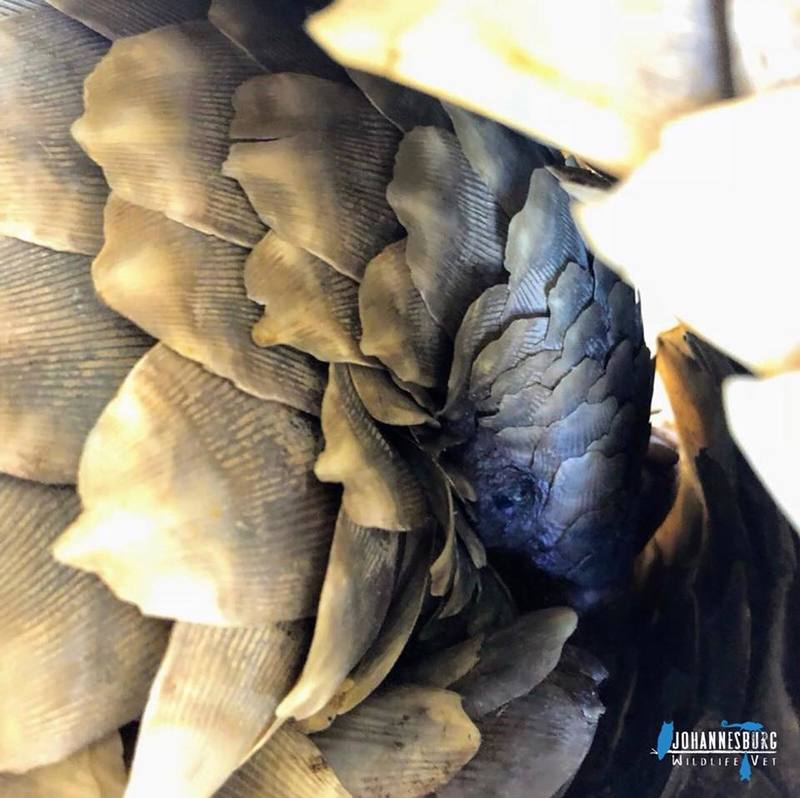
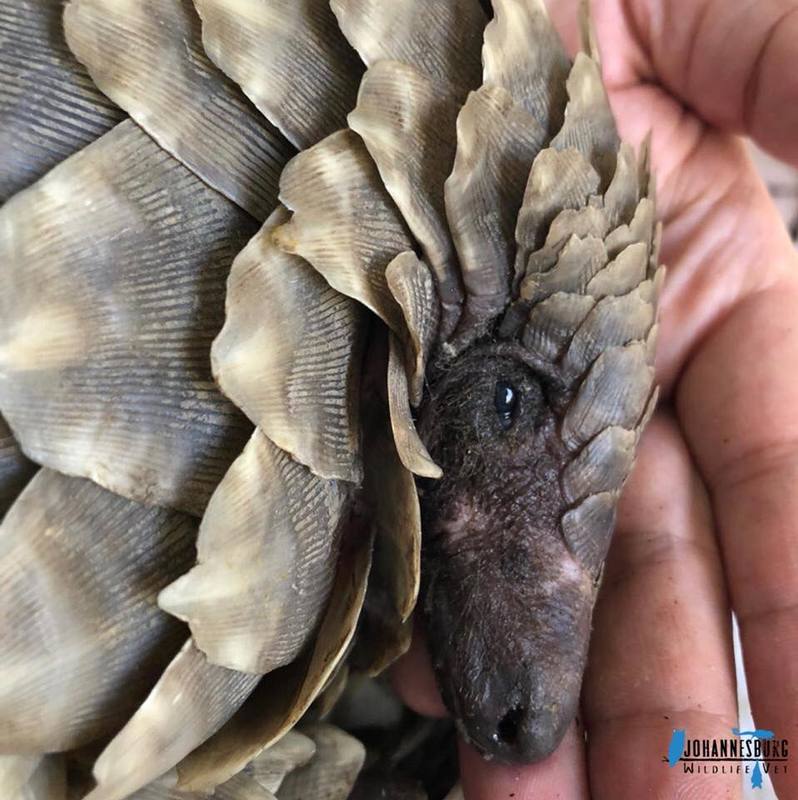
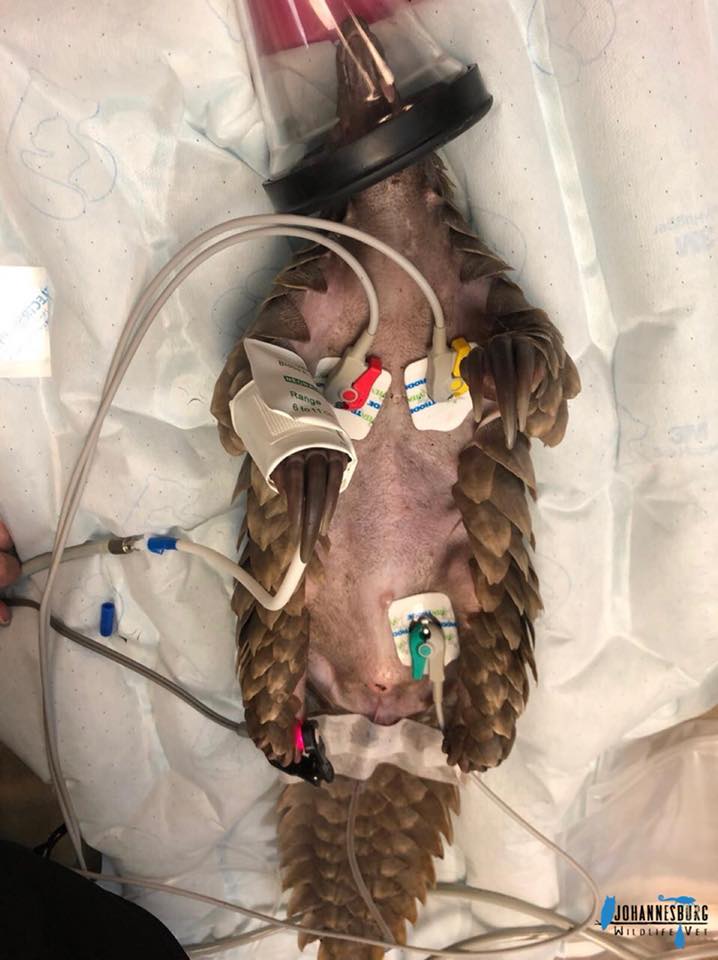
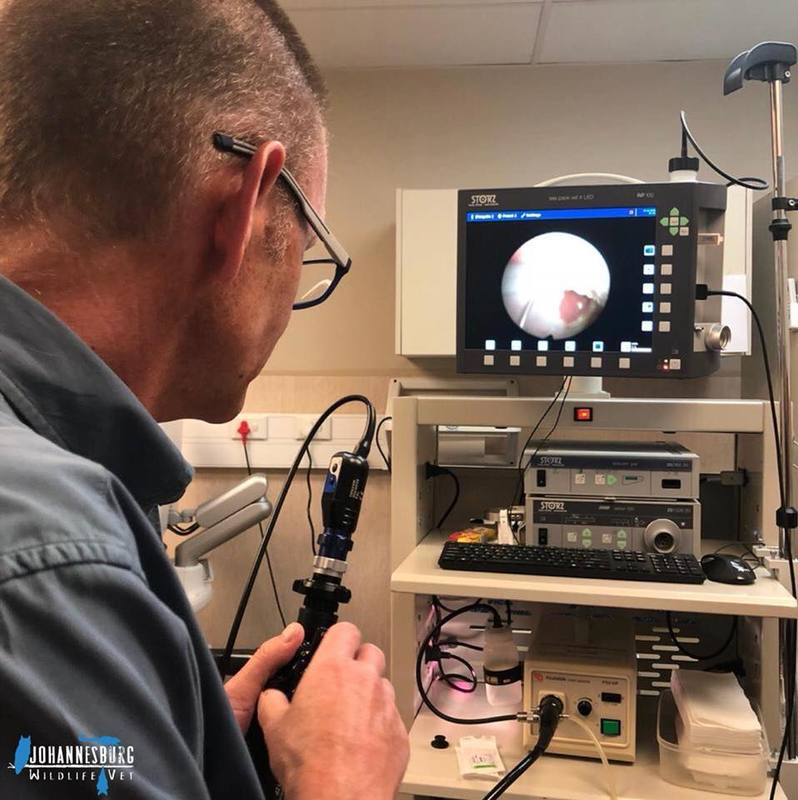
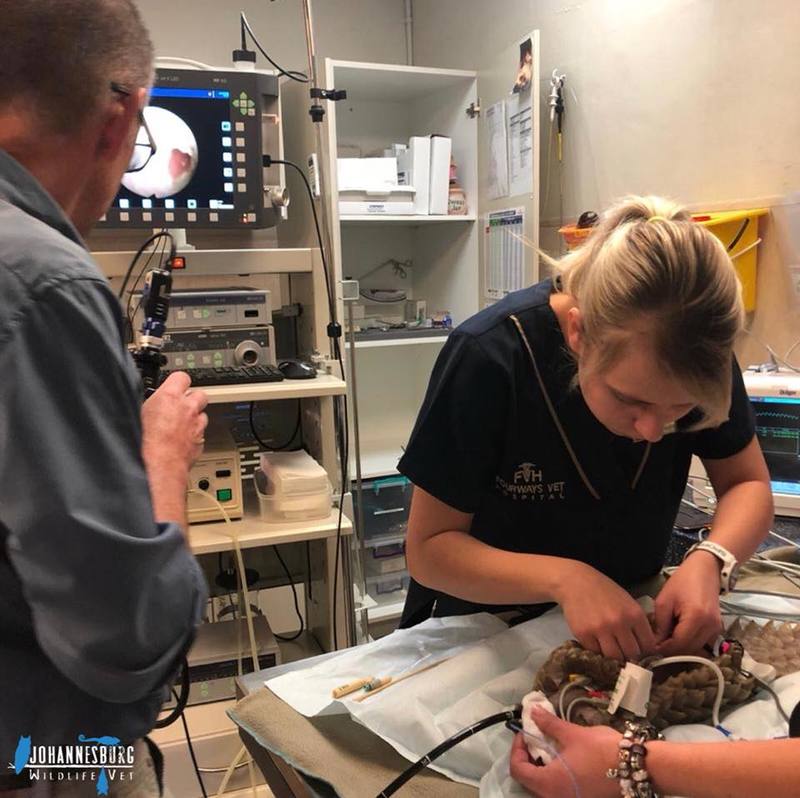
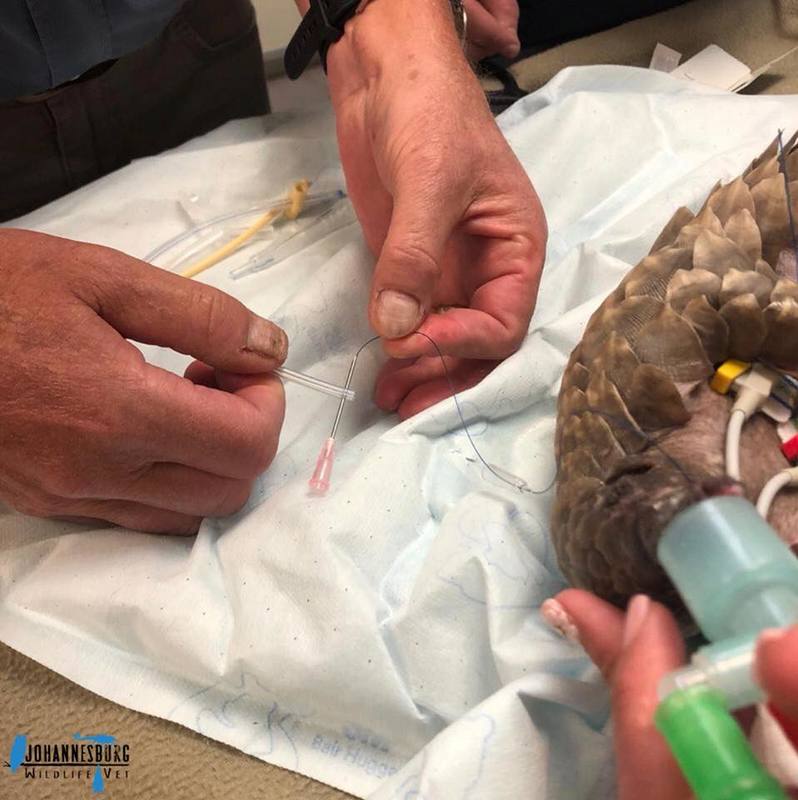
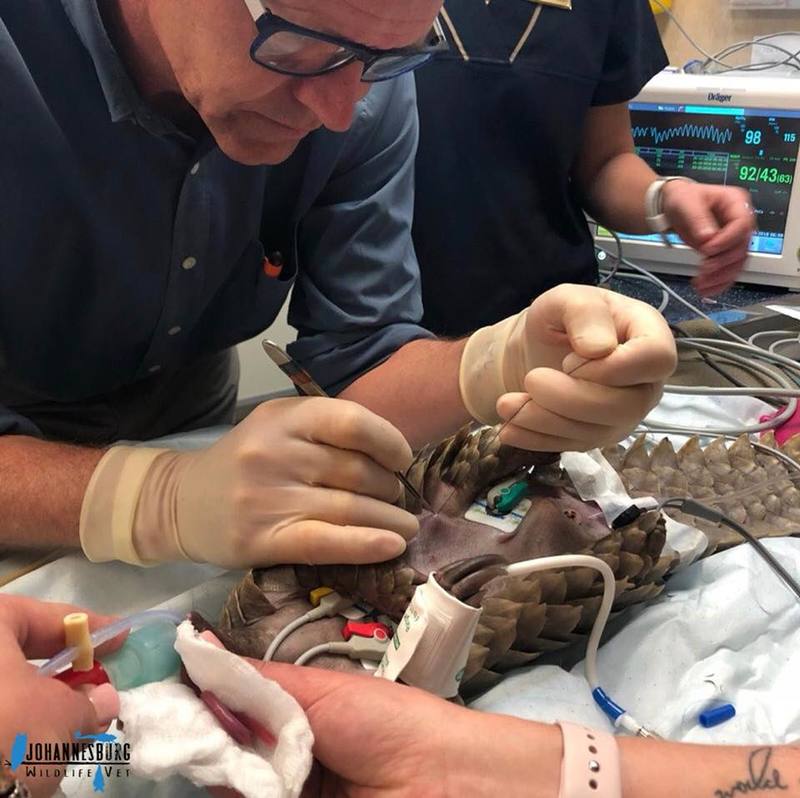
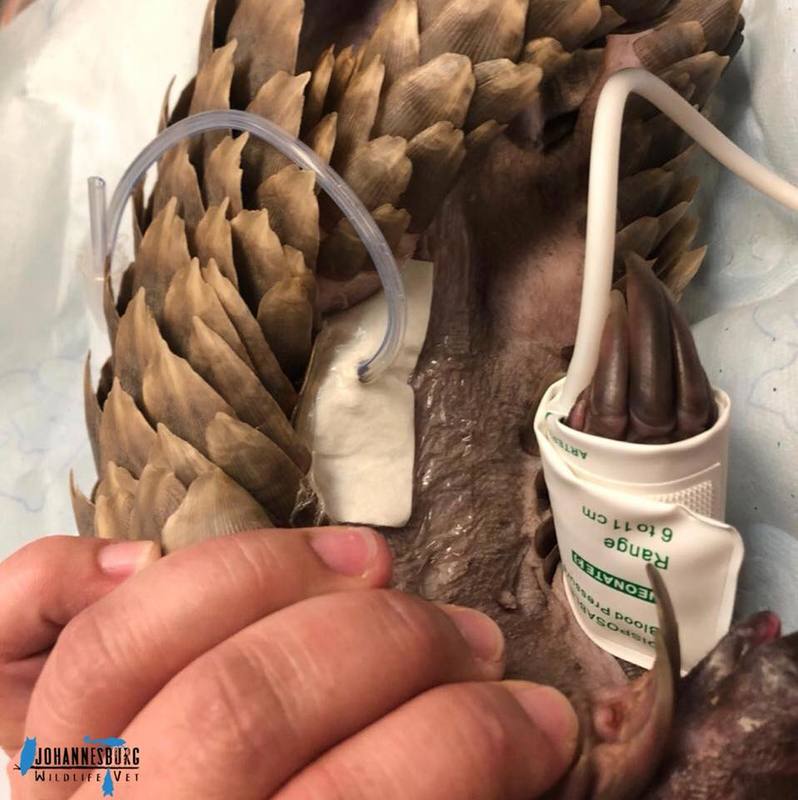
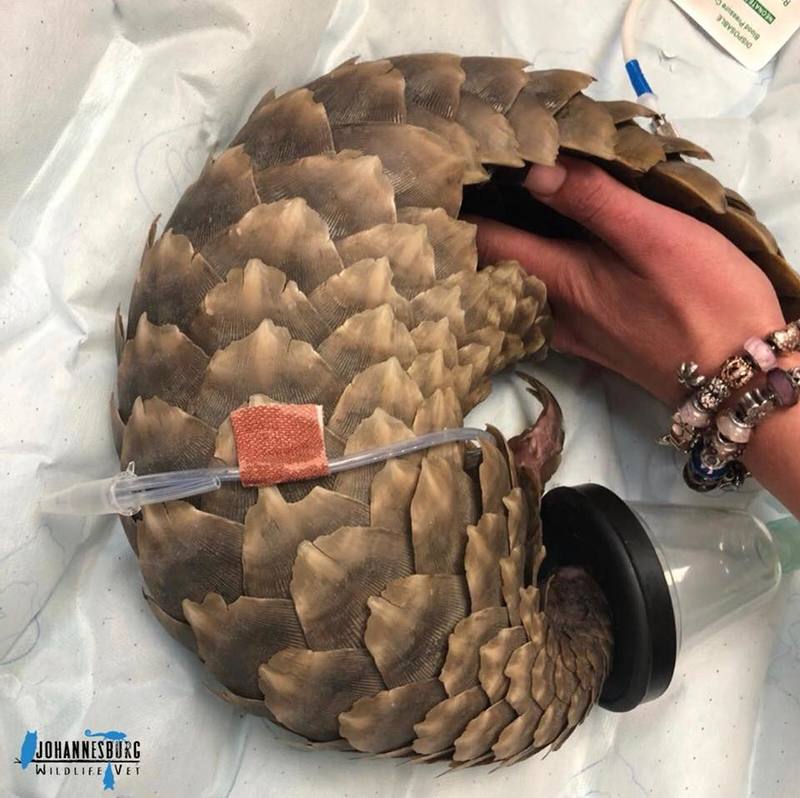
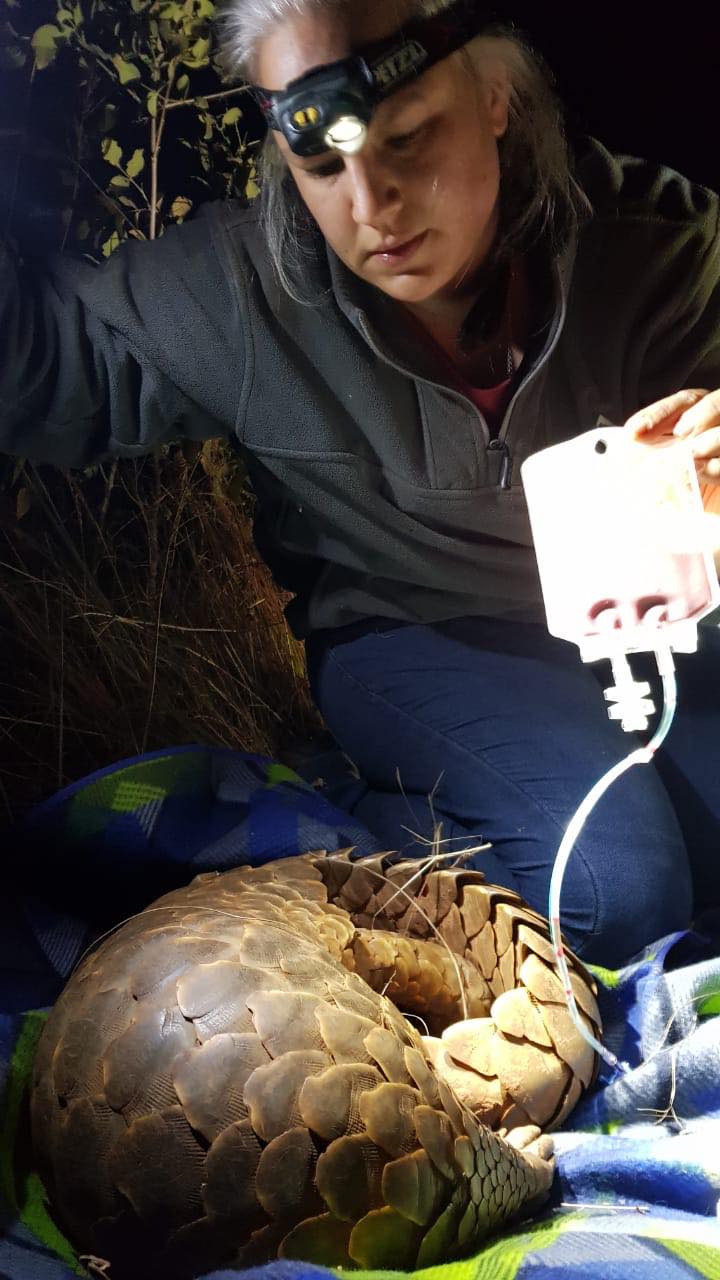
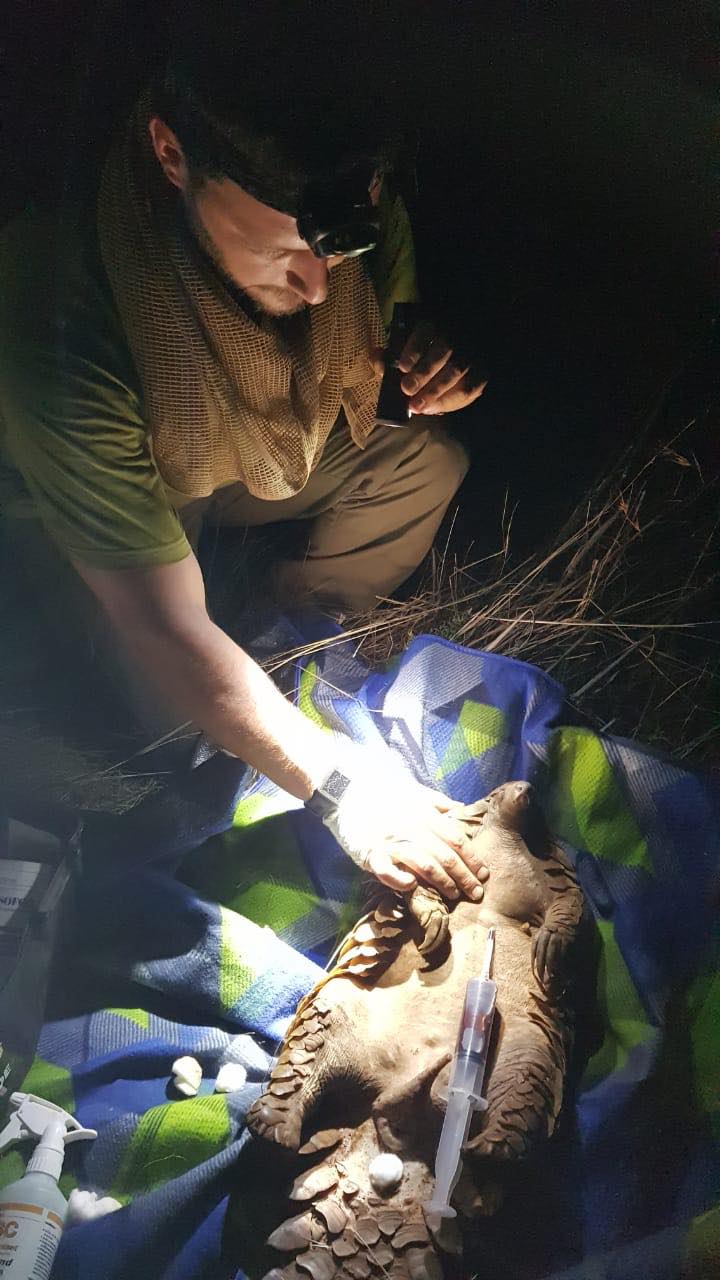
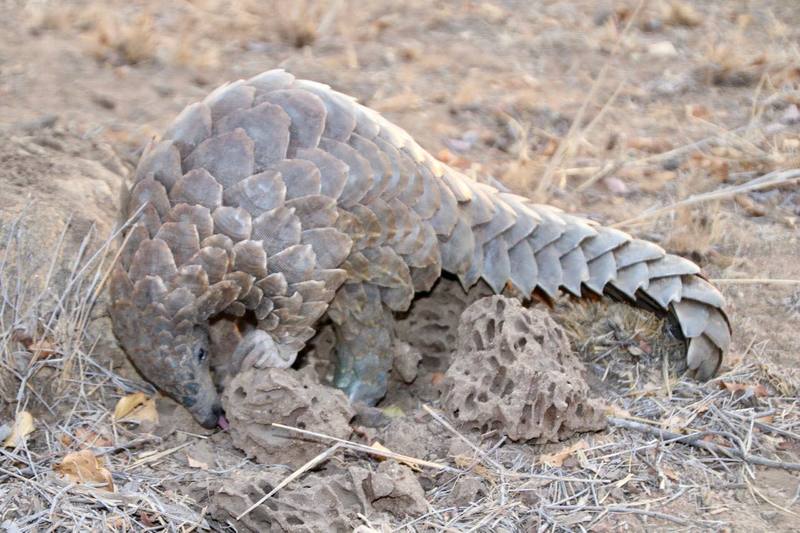
 RSS Feed
RSS Feed
